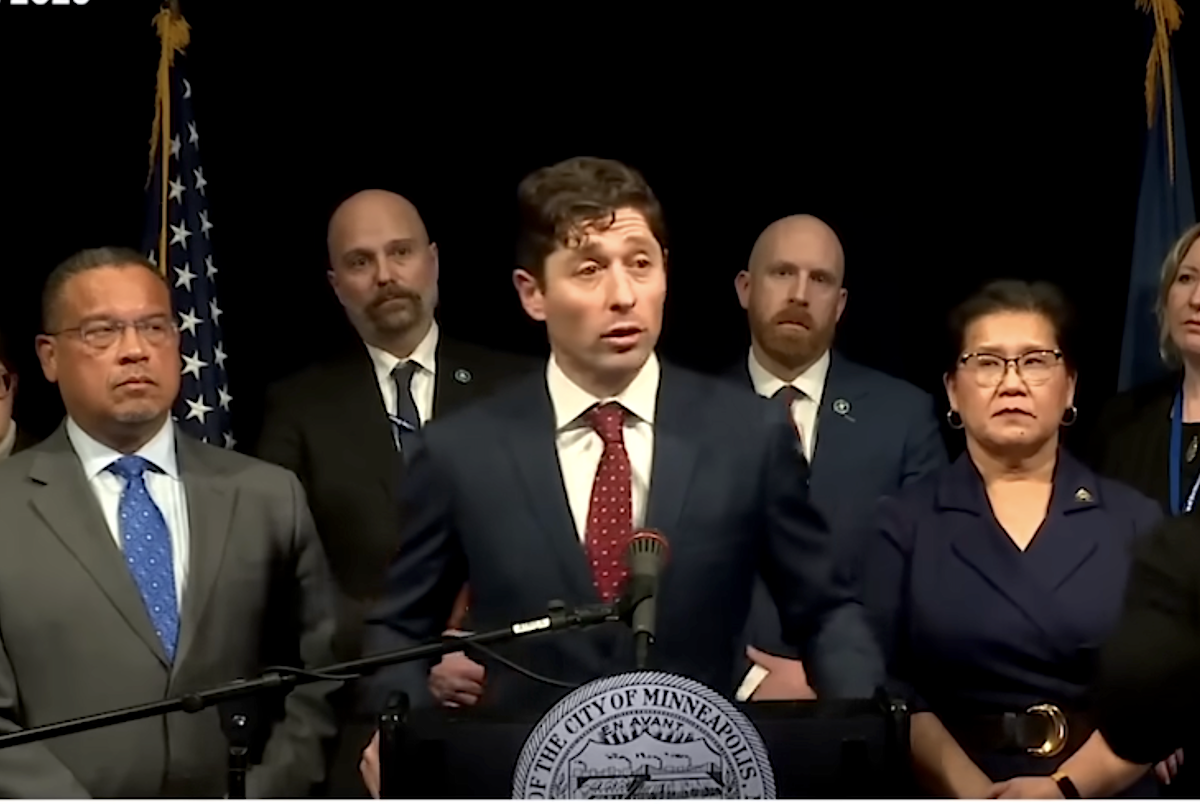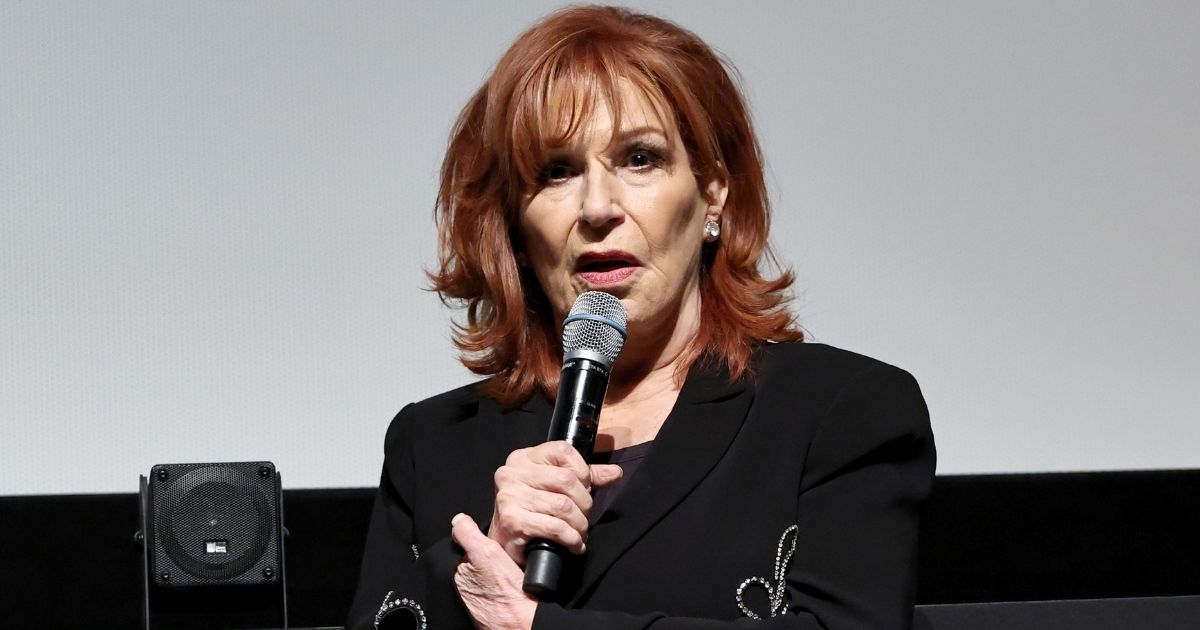Party like it’s 1989: Trump’s new Bush Republicanism
The article titled “Party like it’s 1989: Trump’s new Bush Republicanism” discusses how President Donald Trump is currently emphasizing policy issues reminiscent of the George H.W. Bush era rather than the later Bush administration.Specifically, Trump has focused on tough-on-crime measures, such as proposing the death penalty for murder convictions in Washington, D.C., and issuing executive orders targeting flag burning and cashless bail, echoing the law-and-order stance that defined Bush 41’s presidency in the late 1980s and early 1990s.
The piece highlights parallels between Trump’s actions and those of George H.W. Bush, including the shared support for capital punishment and patriotic symbolism, as Bush had sought to amend the Constitution to ban flag desecration following the Supreme Court’s 1989 decision protecting flag burning. It also notes that both administrations had Bill Barr as their second attorney general and shared cultural figures like singer Lee Greenwood.
The article places these policies within their historical context, recalling the 1988 presidential race where Bush defeated Michael Dukakis, who was portrayed as soft on crime and the flag. It also touches on trump’s long-standing stance on crime, including his controversial past ads calling for the death penalty after the Central Park jogger case and his recent willingness to deploy the National Guard to address crime in Democrat-lead cities.
the article argues that while Trump differs from 1980s Republicans in manny ways, his hardline positions on crime and patriotism revive themes from the Bush 41 era and signal a return to a tougher style of Republican governance on these issues.
Party like it’s 1989: Trump’s new Bush Republicanism
President Donald Trump is often seen as the opposite of a Bush Republican, but this week, he is focused on a set of issues that dominated the Bush administration — George H.W., not George W.
Trump proposed the death penalty for convicted murderers in Washington, D.C., on Tuesday. His Monday executive orders were designed to demonstrate his toughness on crime and people who burn the American flag.
Bush 41 won the 1988 presidential election by defeating a Democratic governor who was a card-carrying ACLU member, a liberal who was soft on both the flag and crime.
That governor, Michael Dukakis, was also known for opposing the death penalty. Dukakis’s attempt to defend his position, even in a scenario involving the hypothetical rape and murder of his wife in a debate, is now remembered as one of the most disastrous pre-Joe Biden debate moments of all time. (Biden had dropped out of the presidential race earlier in that cycle and was then the top Democrat on the Senate Judiciary Committee.) Bush, by contrast, ran on capital punishment for drug kingpins and cop killers.
Then as now, the Republican position on these issues was portrayed as racist and jingoistic.
It wasn’t until after Bush became president that the Supreme Court overturned the laws against flag desecration that were on the books in nearly every state.
Bush urged Congress to advance a constitutional amendment to reverse 1989’s 5-4 Texas v. Johnson ruling.
“This flag is one of our most powerful ideas,” he said at an event at the Iwo Jima Memorial, the statue of five Marines raising the flag while in battle on the Pacific island during World War II. “If it is not defended, it is defamed … It represents the fabric of our nation.”
Congress passed legislation, the Flag Protection Act of 1989, instead. Bush was skeptical it would withstand Supreme Court scrutiny given the previous ruling, but signed it into law anyway. A majority of justices struck it down in United States v. Eichman in 1990. This was also a 5-4 decision.
Bush’s second attorney general was the same man as Trump’s second attorney general, Bill Barr.
Lee Greenwood was also popular with both administrations.
Trump was no stranger to these debates at the time. In 1989, he took out full-page ads calling for the reinstatement of the death penalty in New York after a brutal assault on a jogger in Central Park. The people initially held responsible for that attack, frequently called the “Central Park Five,” were later found to be wrongfully convicted. They filed a defamation suit against Trump after he repeated claims about their guilt in a presidential debate last year, and a federal judge ruled against dismissing the suit in June.
Crime was one of the top issues that tore apart the Democrats’ New Deal coalition, fueling the Republican rise from the late 1960s to the mid-1990s. Then, when crime fell, there was a shift from law and order to criminal justice reform. Trump himself signed the First Step Act into law. But as crime worsened again in various parts of the country, Republican attitudes on public safety hardened again — especially after 2020.
There are many ways in which Trump has governed differently from a conventional Republican from the 1980s. Crime is not one of them, except insofar as he has been willing to go further than most.
“I have the right to do anything I want to do,” Trump told reporters on Tuesday when asked about sending in the National Guard to control crime in Democrat-run cities like Chicago against local officials’ wishes. “I’m the president of the United States, if I think our country is in danger, and it is a danger in these cities, I can do it. No problem going in and solving his difficulties.”
While legal experts suspect the practical effect of Trump’s flag-burning executive order will be limited, on paper, at least, it carries the threat of jail time for those who light Old Glory ablaze.
You probably won’t hear Trump talking about a kinder, gentler nation. If he did, his political opponents certainly wouldn’t believe him.
Trump’s GOP is no longer for amnesty and increased immigration levels.
ALLITERATIVE IMMIGRATION DETENTION CENTERS REFLECT TRUMP’S BRANDING
On crime and patriotism, however, many of Trump’s positions are straight out of the Republican Party of George H.W. Bush in the late 1980s and early ‘90s.
Trump is making old debates new again.
" Conservative News Daily does not always share or support the views and opinions expressed here; they are just those of the writer."



